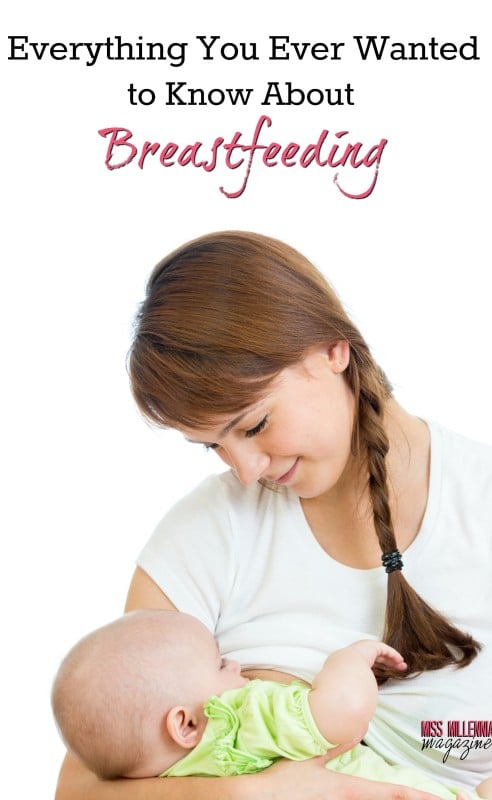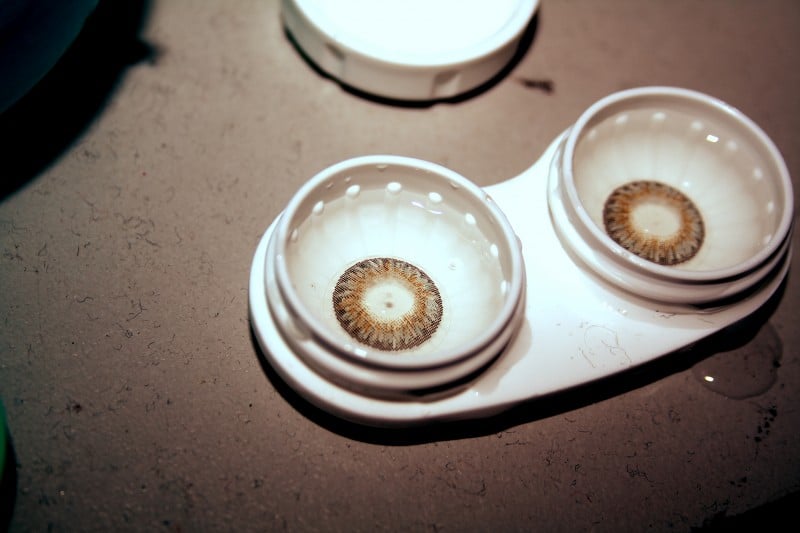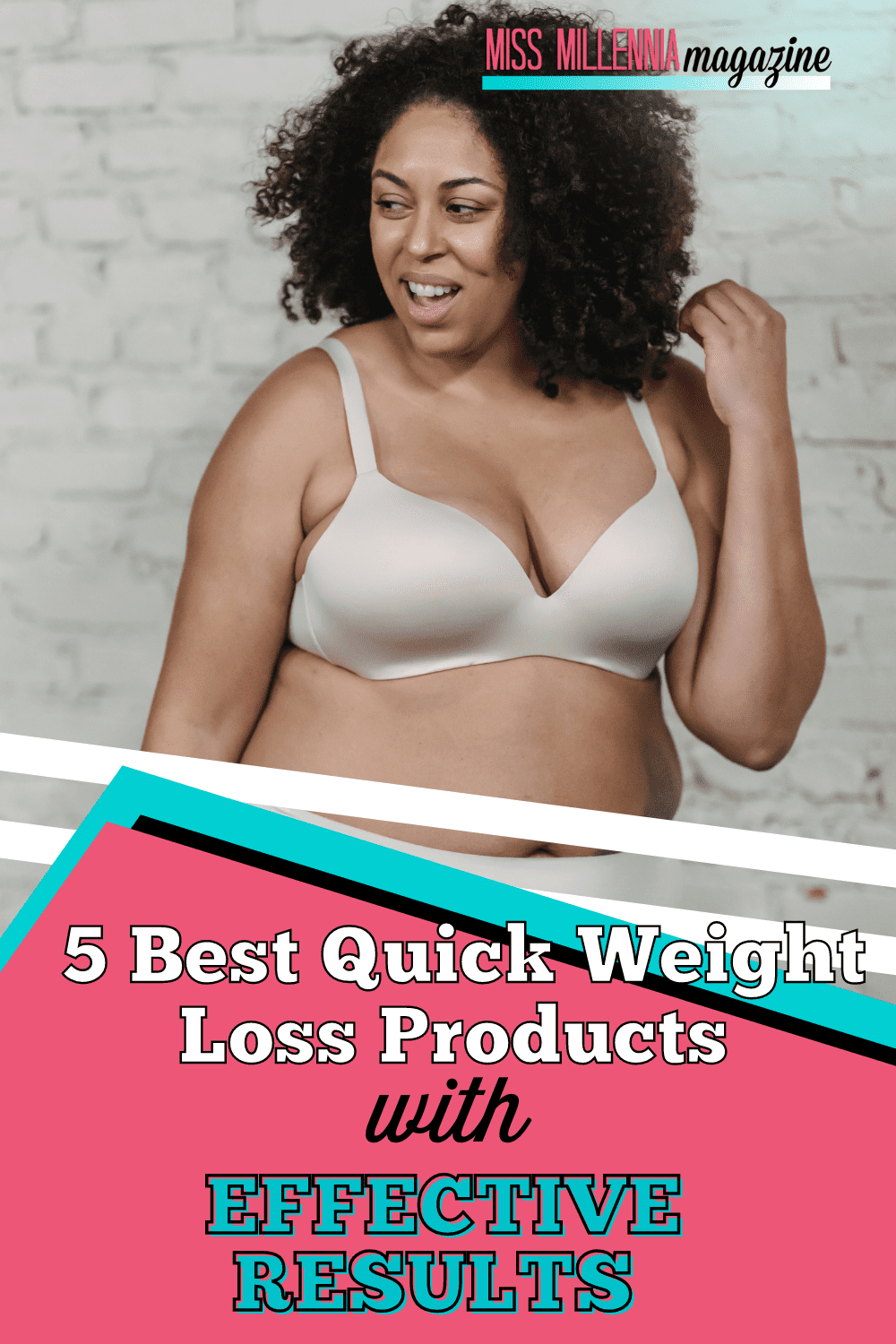Everything You Ever Wanted to Know About Breastfeeding
Unfortunately, in today’s society, women’s breasts are so sexualized that even breastfeeding is considered a taboo subject. That’s why Miss Millennia is here to tell you everything you need to know about breastfeeding. Breastfeeding creates a magical connection between a mother and her child and has been proven to have numerous health benefits for both individuals. Still, it is a big commitment and many women choose to feed their babies formula instead. The choice is yours to make, but it’s a big decision so it’s important to know all the facts. We’re going to talk about all the details, from how breast milk is produced to whether or not breastfeeding could be for you.
When does milk production begin?
The answer to this question is different for everyone. Some women begin producing breast milk early on in their pregnancy and have to wear nursing pads to absorb the leaking. Other women may not produce milk until a couple days after giving birth. Neither is a red flag necessarily, but if you have not begun producing milk when your baby is born you will need to find an alternate way to feed your child until you have breast milk.
How does breastfeeding work?
One of the most important things you could know about breastfeeding is how it works. Here’s the simple version. When a baby sucks on the nipple and areola it stimulates the nerve endings and signals the release of two hormones, prolactin and oxytocin. Prolactin tells your alveoli to take nutrients from your blood supply and produce breast milk. Oxytocin then contracts the cells around the alveoli, thereby ejecting the milk. A peaceful and supportive nursing environment is also important for a successful feeding.
When should you begin breastfeeding?
As soon as your baby is born, they will be hungry. The labor process is exhausting for both of you! During the first 48 to 72 hours of being a mom, you’ll produce a special kind of milk called Colostrum. It comes in small amounts and is yellow in color. The thick liquid is high in protein and low in fat and sugar. It is important for your newborn to get that protein because it’s full of antibodies that will protect them. After those first two or three days, you’ll start producing Mature Milk, which is what your baby will drink as long as you continue to breastfeed.
What if the baby resists?
It’s possible that your baby could resist breastfeeding. This is difficult for a mother because it feels like a personal rejection. And, obviously, it’s not good if the baby is not eating enough. Don’t worry, though, this is a very common occurrence. It is even more common in babies who go back and forth between bottle-feeding and breastfeeding. Many babies will be fussy when feeding and may refuse to suck or even try to push their mother away. The best thing you can do is be patient and calm the entire time, since your baby will pick up on any stress you feel. If things still aren’t going well, try a different feeding position or walk around. If refusal becomes a common occurrence and you are concerned, talk to your doctor.
For how long should you breastfeed your child?
It is completely your decision how long you should continue to breastfeed your baby. Many sources say your baby needs the special nutrients in breast milk for the first nine to twelve months of their life. If you decide to begin weaning your baby off before then, they will need to drink formula. At about a year old, your child will be able to eat baby food.
What are the benefits?
The more you know about breastfeeding, the more you can learn about the numerous health benefits it has for both mother and child. One global benefit is that it is eco-friendly! Dairy cows, a big contributor to global climate change, are used to create formula. Breastfeeding is also budget friendly, since formula becomes very expensive over time.

Here are some of the many ways your child will benefit:
- Reduced risk of pneumonia
- Anti-viral protection
- Reduced risk of gastrointestinal infections
- Reduced risk of colds
- Protection against Crohn’s disease
- Reduced risk of developing Type 1 diabetes
- Protection against developing Celiac Disease
- 50% lower risk of Sudden Infant Death Syndrome (SIDS)
- Reduced risk of some childhood cancers
- Better response to vaccines
- Reduced risk of general illness
Here are some of the many benefits for a woman who breastfeeds:
- Stronger bones
- Burns calories
- Reduces post-delivery blood loss
- Help your uterus return to its pre-pregnancy size
- Reduced risk of premenopausal breast and ovarian cancers
- A vacation from periods
- Natural birth control
What are the disadvantages?
One thing that you definitely need to know about breastfeeding is that it is very time-consuming. Babies are hungry! The time commitment isn’t possible for every mother. Another potential issue is if the mother does not produce enough breast milk. This is not common, but can happen. In that case, you will need to supplement your baby’s diet with formula.

Does it hurt?
Breastfeeding absolutely can hurt. Most often, a mother will experience pain in the first 30 to 60 seconds of the baby sucking and then it should subside. If it doesn’t, reposition your baby and that should do the trick. Further discomfort might be a symptom of a larger issue, so you should talk to your doctor if that’s the case.
And of course, over time you will start to have sore and cracked nipples. Just another perk of the job that is motherhood! All you have to do to fix this problem is put on some nipple cream and you will be back to normal.
How do you know it’s safe?
Breastfeeding isn’t for everyone. Many women are unable to breastfeed their child for one reason or another, including if they have a certain STIs. It is not safe to breastfeed if you have HIV, and extra precautions must be made if you have trichomoniasis, syphilis, or herpes. There are also some habits you should refrain from if you are breastfeeding, such as taking certain medications. If you’re worried about whether breastfeeding is safe for you and your baby, talk to your doctor.
There you have it. Hopefully learning more of what you should know about breastfeeding has helped you make your decision. If you have any additional questions, ask them in the comments and we’ll help you find more information!
Resources: Austrailian Breastfeeding Association (1, 2), Baby Center (1, 2), Fit Pregnancy, Kids Health, MedicineNet, Sutter Health







